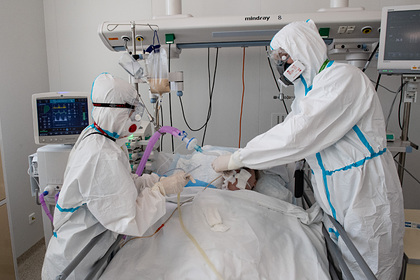
Israeli immunologist, head of the department at the Israeli clinic Hadassah Ar-Atzofim, Professor Yakov Berkun, warned about the dangers of antibiotics in coronavirus in an interview with RIA Novosti.
According to him, antibiotics are usually ineffective for the treatment of viral diseases, and their unjustified use is fraught with negative consequences. He noted that, according to recent studies, only about 5-7 percent of critically ill COVID-19 patients who were hospitalized did indeed need antibiotics as they developed secondary bacterial diseases. However, about 70 percent of those hospitalized with coronavirus infection receive antibiotics.
Berkun said that mortality from COVID-19 was higher among the group of infected people who were prescribed antibiotics. He added that due to such unjustified use of drugs, microorganisms may develop resistance to them. He stressed that unnecessary antibiotic treatment can lead to a number of negative consequences, including fungal infections in children, autoimmune diseases, decreased immunity, and disruption of the microbiome.
The specialist also said that, according to the World Health Organization (WHO), every year about 700 thousand people die from super-resistant bacteria, which are not affected by any of the existing drugs. The reason for the growth of microbial resistance lies in the interrupted course of taking the drug. “They didn’t seem to have finished off the microbe, and everything that doesn’t kill makes them stronger, and thus, it also contributes to the emergence of multi-resistant microbes,” he explained. Berkun added that scientists are now looking for fundamentally different ways to combat disease-causing microbes.
In December, Sergei Avdeev, the chief freelance pulmonologist of the Ministry of Health, said that it is unacceptable to prevent COVID-19 with antibiotics, because they can be prescribed only for bacterial complications of a new infection. The specialist explained that antibiotics do not work on any viruses. In addition, microorganisms can develop resistance to them.

